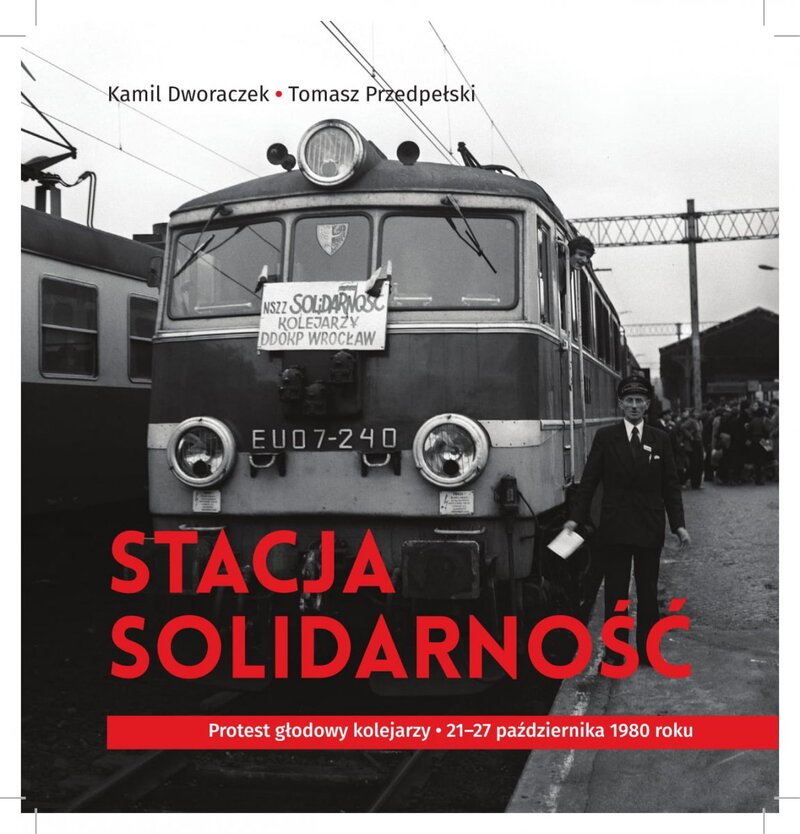A series of strikes erupted all over Poland in the summer of 1980, giving birth to the Independent Self-governing Labour Union “Solidarity”. In autumn, the union grew rapidly and included most of the labour unions in the country, PKP among them. Its employees sent a number of postulates to the Ministry of Transport and Communication, demanding the improvement of working conditions. Higher salaries were at the top of the list; the railroad workers wanted to implement a rule “the lower the salaries, the higher the raise”.
Railroad workers begin to protest
Negotiations, that took place at the locomotive depot in Wrocław, turned out to be ineffective. The “Solidarity” railroad delegates gathered there, decided to send their representatives to Lech Wałęsa, who was in the region of Upper Silesia at the time. Wałęsa met with them and heard their story, but didn’t offer any real support. On their way back to Wrocław, the disappointed railwaymen had to decide what to do next. It was then, that they came up with the idea of a hunger strike. They wrote the manifesto for it already in the car, stating that they will be protesting against the bad faith of the Communist government in the negotiations and against the dragging of procedures concerning the registration of the union. When the delegates returned to the railroad depot, they had the document ready. The idea of a hunger strike was approved almost unanimously. On October 21st 1980, 34 people begun the protest. The railroad workers knew, that they need to somehow put pressure on the corrupted government, yet they rejected the idea of an actual strike. They feared, that it could lead to the invasion of the Soviet Union, which wouldn’t want to lose control over important communication routes.
For the first few hours and days of the protest, the railwaymen exchanged heated telegrams with the minister of transport and communication, Mieczysław Zajfryd and got to nowhere in the negotiations with the officials sent by the minister. The outrage of the railroad workers grew even larger, due to the picture of the strike presented by the public news program in television. The local media in Wrocław gave a slightly different coverage of the story, than the propaganda of the public TV. Due to that fact, crowds of residents of Wrocław gathered around the railroad depot to show their support for the employees of the PKP. On the city streets, railroad workers were greeted by the pedestrians, and even the tram motormen were stopping their vehicles in order to let the protesters pass in front of them, at ease.
